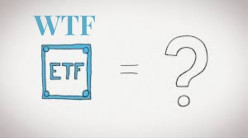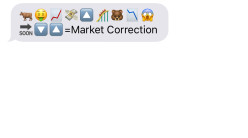Sadly, Bonds are not as cool as James Bond movies, and do not feature any fancy cars, explosions or gorgeous women. But as boring as bonds may seem, they are a backbone for safer investments and can be just as cool as James Bond for your wallet.
Side Note: We will be featuring a few articles on bonds; this one will lay out the basics.
Side Note: Bonds work on something called par value, which gives the bond a 1,000-dollar value at par (that means when the bond is paid back, the investor will receive “par value”
Bonds are “debt” investments, where you as the investor are usually lending money to a company or government. They borrow your funds for a period of time and an interest rate; this is a way for companies to get a “loan” per se from regular investors to increase cash for pending projects.
Think of it as you giving the government a loan, so they can use the money to buy an Aston Martin for James Bond, and in return they offer you 7%, so that will yield $70 a year at par ($1000*7%), making it an attractive investments especially if the market’s interest rate are only 5%.
Vice versa when the interest rates are at 8% and bond is only giving you 7% then the bond is worth less because the interest rate that the bond is giving you is less than the markets interest rate. Why would you pay full price and get less interest? That is why these bonds then sell at “discount” (Orca will explain this more in future article)
Bond’s are very sensitive to interest rates, just as much as James Bond’s is sensitive to gorgeous woman. When interest rates go up, the bond value decreases, when interest rates go down the bond value increases. The interest rate and the duration of how long it takes for the bond to pay you back are the keys to success with bonds, as DJ Khaled would say.
Lastly, because James Bond is a government employee this would be a government bond that is issued to get him his Aston Martin; there are three main types of bonds
• Corporate (Loan to a private corporation, interest is taxable)
• Municipal (issued by state governments, for things like toll roads, interest is tax exempt)
• US Treasuries (Government issued and are often backed by full faith of the government, interest is partially exempt from taxes)
So, when you are looking to diversify your portfolio, look at bond’s, yes they are not as sexy as stocks but they are a way to get a yield and help provide money for projects either in your local community or the government. You have a license to buy bonds!
Check back in the coming weeks for more explanation on bonds, from callable, to why they are up and down after the election.












